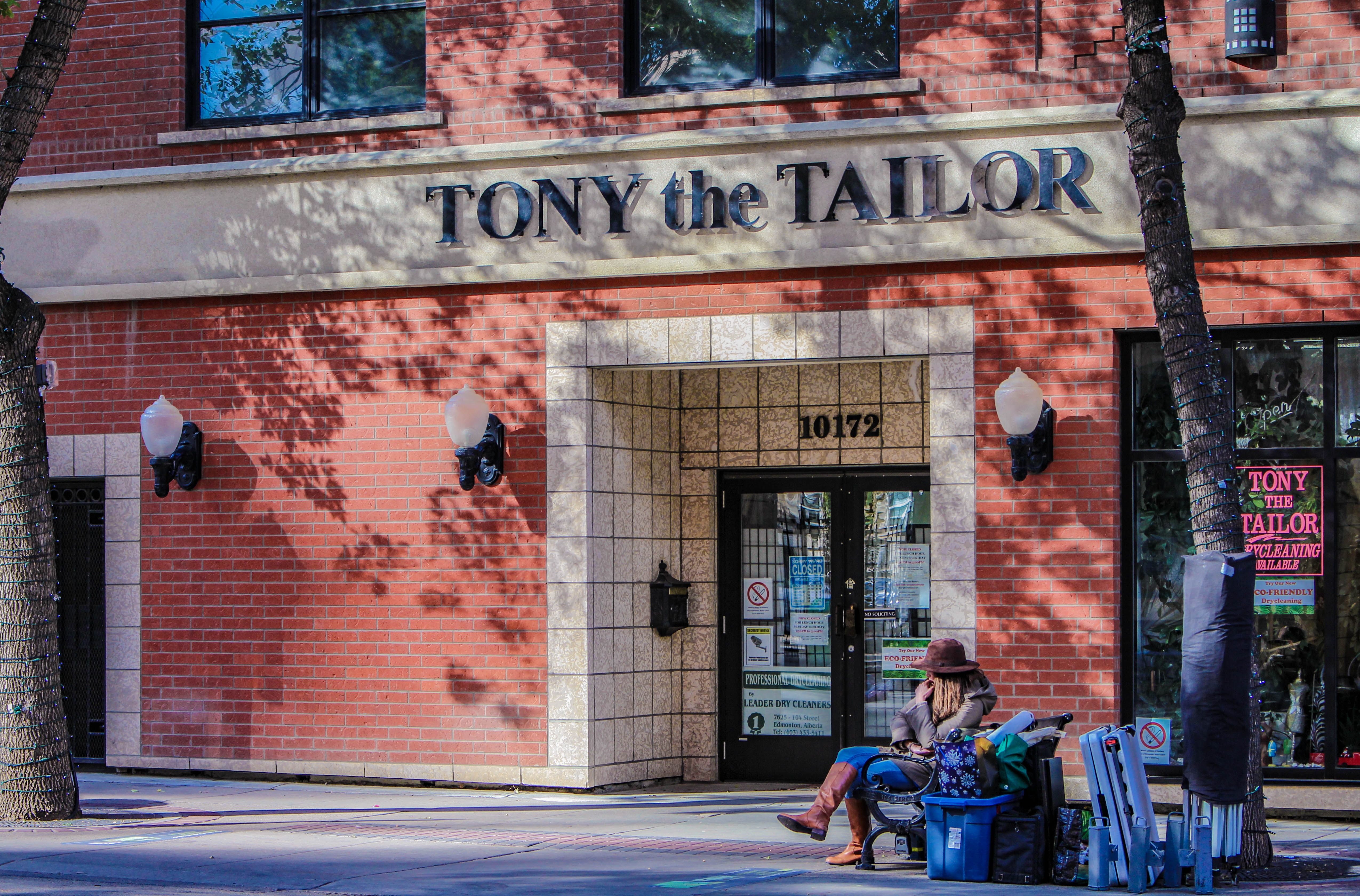Top 5 Reasons Why To Support Local
Consumers have more choices than ever to decide where to buy their food products and there has been a definite shift towards buying local and supporting those companies in their immediate geographical area. Large retailers have recognized this movement and have developed large “buy local” programs which have been giving increasing shelf space and exposure to those local producers.
The typical consumer used to go to one store for all of their family’s food needs – now, they are increasingly using a variety of options for different parts of their food basket. They use big box retailers for larger volume purchases and canned/packaged goods, local butchers for their meats, bakers for their breads/pastries and farmers markets for their produce. Add in local distillers, brewers, and restaurants – and you have a web of interconnected suppliers who all benefit from the shift to local buying.
The purchase of a single local product is often far more wide reaching than the consumer knows – with many local producers using other local companies’ raw materials in the production of their own products. When a consumer supports local companies, or buys locally sourced products from their local grocery store, not only do they feel good about themselves for supporting others within their immediate communities, but they provide a number of benefits for their community as a whole, including:

1. The Community’s Economy
When a consumer buys local, a large percentage of that money stays in the community. In fact, a Chicago study found that for every $100 spent at a local business, $68 remained in the local community, while only $43 of each $100 spent at a chain retailer stayed local.
Local business owners often have an incentive to support other local businesses, patronizing local establishments for both business and personal reasons. Chain businesses, on the other hand, aren’t as personally invested in buying local, and often get their supplies and even some of their key staff from outside the local community.
For a local business looking to get their product out to a larger sales audience, it’s easier than ever to have your product sold at a large retail stores. Large grocery chains have well developed “buy local” programs and have been given flexibility to increase the number of local products due to this increase in demand. These grocery chains will make it cheaper and easier for smaller local producers to build their brand and have their product available to a wider customer base than they could reach on their own.
2. Keeping Communities Unique
Local businesses give a community its flair. Cities across Canada have similar chain restaurants, grocery and department stores but that local restaurant, or niche retailer in your neighbourhood is one of a kind. The combined presence of your community’s many local businesses makes it different from every other community in the world. By supporting those businesses we ensure that uniqueness is preserved, and that local tastes and products get a chance to survive and flourish.
Eau Claire is an example of this. They are a fantastic local distillery in Turner Valley, AB. They have added a unique business to a small town just 35 min outside of Calgary. Many people love to visit them by taking a day trip out of the city and supporting this local success story, along with the opportunity to take in the great rural views.
3. An Increase In Family Health
Buying local food has several health benefits for your family. When you buy from local farmers, you have access to fruits and vegetables that you know are chemical-free, as well as grass-fed meats, fresh eggs, and dairy from cows that feast on local green grass each day. There are also benefits to eating raw local honey, which is thought to help battle allergies.
Choosing fruits and vegetables grown in the season may also be healthier. When researchers at Montclair State University compared the vitamin C content of broccoli grown in season with broccoli imported out of season, they found the imported product had only half the vitamin C.
This is because local food typically has a much shorter time between harvest and your table, and it is less likely that the nutrient value has decreased. Food imported from far-away provinces and countries is often older, has travelled and sits in distribution centers before it gets to your store.
The Edmonton surrounding area has 11 markets that run 5 days a week from Wednesday-Sunday. These are great locations to buy from farmers directly and other family-run businesses. Most vendors don’t just accept cash nowadays – they also accept debit and credit transactions. This makes it even easier for consumers to purchase goods without the worry of having cash in hand.
4. Better Experience
If you’ve ever dealt with a large corporation, you’d know customer service help can often be a struggle. Poor customer service is often noted as one of the top reasons why a consumer will stop doing business with a company.
When shopping local the business owner is usually directly connected to every employee in the store. This leads to a personal approach that often means any problem you have is taken seriously, and is often addressed by the owner themselves.
The owner can build a relationship with its employees and customers actively listening to the problems they have. He/She knows the products you buy or the services you request regularly and can tailor services to make your experience even better. A local gardening shop owner may learn about a new product on the market that can help you with a pest control problem you mentioned on one of your visits, for instance, and can order that product as part of his selections.
Buying from a local business allows you to get to know the owners on a personal level. Most owners are the ones working behind the counter you’ll encounter. Along with the rest of the community, you celebrate when a favourite local business succeeds and you mourn when it’s forced to shut its doors. The personal investment isn’t quite the same when a chain business opens, or closes down.
Friends of ours at Bent Stick Brewery have a cozy business model that allows more of personal experience with them. They’re four friends that love to chat and drink beer with customers – and this leads to repeat business because of their personalized approach.
5. Delivery Apps and Their Costs
Food delivery apps have exploded over the last 5 years and most people rarely think about the negative impact it has on local restaurants. “But what about supporting my favourite local restaurant?” you say. Well, you can still do that with most restaurants by calling the restaurant directly to place your order.
Restaurants are already running on short margins before delivery apps take their cut which is anywhere from 20%-30% of every $1.00 spent. If you add up all the fixed or variable costs most restaurants will make very little profit, or in a lot of cases, lose money entirely. Many owners will increase prices to compensate for the delivery app commissions by increasing the final prices consumers end up paying. By ordering directly from the restaurant you can save money, as well as give back to the community instead of a third party company.
Here is a great video from Paul Shufelt from Woodshed further explaining the impact food delivery apps have on restaurants.
As we move to a post-Covid-19 world, many of the businesses that will require our help as consumers will be those smaller, local companies. They employ local workers, and utilize local inputs, which all leads to a trickle-down effect if they are not supported. It is imperative that locally owned businesses are cherished and supported, because they may not be around for long otherwise – and that is bad for all of us who love a strong, local flair in our lives.





